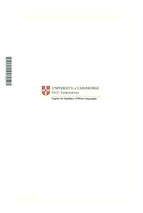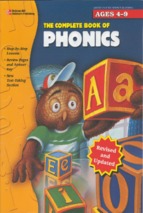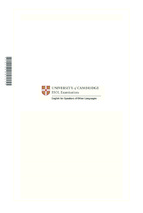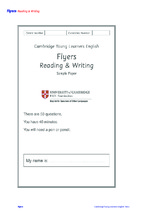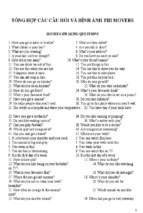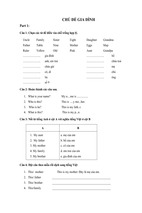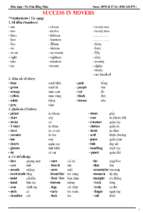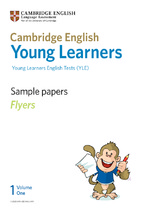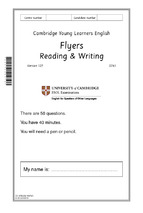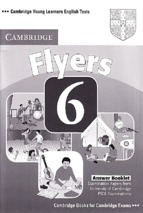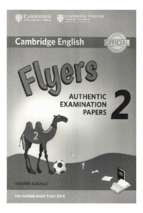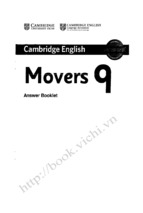Genre
Nonfiction
Comprehension Skill
Cause and Effect
Text Features
•
•
•
•
Call Outs
Captions
Labels
Glossary
Science Content
Forces and Sound
Scott Foresman Science 1.9
ISBN 0-328-13759-6
ì<(sk$m)=bdhfjg< +^-Ä-U-Ä-U
Vocabulary
Extended Vocabulary
attract
force
gravity
magnet
pole
repel
speed
vibrate
instrument
musical
note
pluck
rhythm
sound
vibration
Picture Credits
Every effort has been made to secure permission and provide appropriate credit for photographic material.
The publisher deeply regrets any omission and pledges to correct errors called to its attention in subsequent editions.
Photo locators denoted as follows: Top (T), Center (C), Bottom (B), Left (L), Right (R), Background (Bkgd).
4 Park Street/PhotoEdit.
Unless otherwise acknowledged, all photographs are the copyright © of Dorling Kindersley, a division of Pearson.
ISBN: 0-328-13759-6
Copyright © Pearson Education, Inc. All Rights Reserved. Printed in the United States of America.
This publication is protected by Copyright, and permission should be obtained from the publisher prior to any
prohibited reproduction, storage in a retrieval system, or transmission in any form by any means, electronic,
mechanical, photocopying, recording, or likewise. For information regarding permission(s), write to
Permissions Department, Scott Foresman, 1900 East Lake Avenue, Glenview, Illinois 60025.
3 4 5 6 7 8 9 10 V010 13 12 11 10 09 08 07 06 05
What did you learn?
1. How do musical instruments
make sound?
2. How do you play a wind
instrument?
3.
by NatalieHow
Goldstein
much
air is in a bottle can change
what kind of sound is made
when you blow into it. Write
to explain how this works.
Use words from the book as
you write.
4.
Cause and Effect What
things must happen for a piano
to make music?
What You Already Know
Force is a push or pull that can move
things. There are different kinds of force.
You push a sled to make it move. Your
push is a force. You use force to throw a
ball. The force of gravity makes the ball
fall to the ground. Gravity pulls things
toward the ground.
You throw a ball with a lot of force. It
moves fast. You throw a ball with less force.
It moves slowly. Speed is how quickly or
slowly something moves.
Things move in different ways. Things
can move up and down. Things can move
right to left. Other things move in
a straight line, a curve, or
a zigzag. Things can be
in different places.
2
A magnet makes some metal things move.
A magnet has a north pole and a south pole.
Poles that are different attract each other.
Attract means to pull
toward. Poles that are
the same repel each
other. Repel means
to push away.
When a sound is
made something vibrates.
Vibrate means to move back
and forth very fast. When you hit a drum,
the force makes it vibrate. The vibrating
drum makes sound.
Sounds are all around. People make
sounds. Nature makes sounds. You will
read how musical sounds are made.
3
Sound and Music
When something vibrates, the air around
it vibrates too. The vibration moves through
the air. You hear sound when the vibration
gets to your ears.
Instruments vibrate to make sounds.
A musical sound is called a note.
Sound vibrations move through the air.
This makes the grains of rice jump.
Different musical
instruments make
different sounds
that we can hear.
4
Blowing air into a recorder makes vibrations.
Tapping piano keys makes vibrations too.
Hitting a pot makes it vibrate like a drum.
Different musical instruments make the air
vibrate differently. So different instruments
make different sounds.
5
Percussion
Tambourine
Some instruments make sound when
you hit or shake them. These are
percussion instruments.
A xylophone (ZEYE-luh-fohn) has bars.
Tapping the bars with a stick makes the bars
vibrate. Different bars make different sounds.
Drum
Tambourines and drums vibrate when
they are hit. Maracas vibrate when the seeds
inside them move.
Notes start and stop at different times.
This is called a rhythm (RITH-uhm).
Hit a drum. BOOM ba ba BOOM!
The drum plays the rhythm.
Xylophone
Maracas
6
7
Blowing Notes
You blow air into some instruments.
The air vibrates inside the instrument.
The vibrations make sound.
Bottles that have a little water inside also
have lots of air inside. Blowing into them
makes the air vibrate. Low sounds happen.
What kind of sounds happen
when you blow into a bottle
with lots of water?
Harmonica
Bassoon
Oboe
Instruments you blow into
are called wind instruments.
A recorder is a wind instrument.
Blow into a recorder. The air
inside vibrates. A recorder
has small holes on one side.
Covering different holes
changes how the air inside
vibrates. It makes different
musical notes.
Recorder
8
9
Strings and Things
Brass instruments are wind
instruments made of metal.
Trumpet
Many brass instruments
have curves. The curves
change the way the air
inside vibrates. This makes
different musical sounds.
Some brass instruments have
keys to press. Some have a slide
that moves. Keys and slides help
change notes.
Some instruments have strings to pluck,
or pull. The strings vibrate. This makes the
air inside the instrument move. Sound is made.
A guitar (gi-TAR) may have six strings.
Thin strings make high notes. Thick strings
make low notes.
Guitar
Tuba
Trombone
10
11
Harp
Strings
There are strings
inside a piano.
Cello
Violin
Keys
A violin (veye-uh-LIN) is a
string instrument. A bow moves
the strings. The air inside the
instrument vibrates.
Fingers press the strings down
as the bow moves. Pressing different
strings makes different notes.
12
A cello (CHEL-oh) is like a big violin.
Because it is bigger, it has more air inside.
A cello makes lower notes than a violin.
There are strings inside a piano. Near
each string is a tiny hammer. Tap a piano
key. One hammer moves. It hits one string.
The string vibrates and makes a note.
13
Playing Together
All musical sounds are made by vibrating
air. Vibrations in musical instruments, water
bottles, and singing voices all make sounds.
A little air vibrating makes a different
sound than a lot of air vibrating. Different
instruments vibrate in different ways. This is
why instruments make different musical
sounds. Together, the sounds can make many
kinds of music.
Cymbals
Clarinet
French horn
Cello
Violin
14
15
Extended Vocabulary
Vocabulary
Glossary
instrument
attract
force
instrument
gravity
magnet
musical
pole
repel
note
speed
vibrate
pluck
musical
something
notethat makes music
pluck
havingrhythm
to do with music
sound
a musical
sound
vibration
rhythm
the way notes start and stop
sound
what happens when vibrating
air reaches someone’s ears
vibration
fast movement back and forth
1. How do musical instruments
make sound?
2. How do you play a wind
instrument?
3.
How much
air is in a bottle can change
what kind of sound is made
when you blow into it. Write
to explain how this works.
Use words from the book as
you write.
4.
Cause and Effect What
things must happen for a piano
to make music?
to pick or pull
Picture Credits
Every effort has been made to secure permission and provide appropriate credit for photographic material.
The publisher deeply regrets any omission and pledges to correct errors called to its attention in subsequent editions.
Photo locators denoted as follows: Top (T), Center (C), Bottom (B), Left (L), Right (R), Background (Bkgd).
4 Park Street/PhotoEdit.
Unless otherwise acknowledged, all photographs are the copyright © of Dorling Kindersley, a division of Pearson.
ISBN: 0-328-13759-6
Copyright © Pearson Education, Inc. All Rights Reserved. Printed in the United States of America.
This publication is protected by Copyright, and permission should be obtained from the publisher prior to any
prohibited reproduction, storage in a retrieval system, or transmission in any form by any means, electronic,
mechanical, photocopying, recording, or likewise. For information regarding permission(s), write to
Permissions Department, Scott Foresman, 1900 East Lake Avenue, Glenview, Illinois 60025.
16
What did you learn?
3 4 5 6 7 8 9 10 V010 13 12 11 10 09 08 07 06 05
- Xem thêm -

